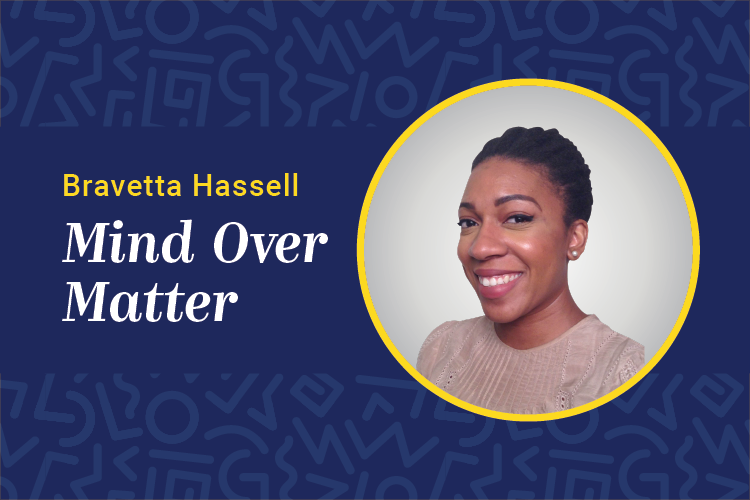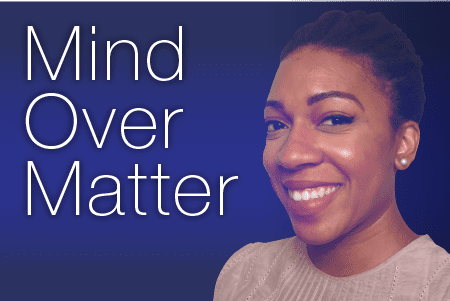Here’s a question: In what areas do you possess expert knowledge?
Take a few moments to jot down a quick list. I’ll do it, too.
Alright, pens down, and no more typing. Take a look at your list. Look hard, because science tells us we have a tendency to overestimate our abilities. It also contends we’re liable to overstate what we believe we know.
This phenomenon is called “overclaiming,” explain authors of “When Knowledge Knows No Bounds: Self-Perceived Expertise Predicts Claims of Impossible Knowledge,” a study published in July 2015 in Psychological Science. In it, researchers conducted a handful of experiments testing how often people claimed false expertise in a range of topic areas.
In the first two experiments, participants were asked to rate how knowledgeable they believed themselves to be in various subjects, then rate how well they knew more than a dozen terms, three of which were fake. The more knowledgeable a person claimed to be on a given topic, the more likely they were to claim knowledge of the made-up term.
In a third experiment, additional participants took the same test, but half were warned in advance that there were some fake terms included in the bunch. The tip didn’t reduce the relationship between self-perceived knowledge and overclaiming.
In a final experiment, when researchers influenced participants’ belief about their knowledge by giving one group a difficult geography quiz, one an easy quiz and one no quiz at all, participants responded accordingly. Those who took the easy test rated themselves more knowledgeable in geography than those who took the more challenging quiz or no quiz and thus, were more likely to overclaim knowledge of the fictitious terms on the subsequent test.
So, we are naturally inclined to overstate our knowledge in self-perceived areas of strength, and a suggestion to tread lightly changes little in one’s tendency to overclaim knowledge.
If this is indeed the case, a tendency to overclaim should ring true for anyone, and even if this behavior hasn’t been demonstrated as true among your organization’s employees — whether they are entry-level or executives — it would behoove you to assume it does.
Today, to believe and operate otherwise, especially in a marketplace that is increasingly fast-paced, global and continuously disrupted by technological advances, could be dangerous. Left unchallenged, self-perceived knowledge shuts out receptivity to novelty and resists the humility needed to develop new skills — two qualities critical to innovation.
I won’t ever get too comfortable sending out thoughts before carefully considering them, and it’s critical that everyone in an organization facing today’s challenges doesn’t get comfortable either.
We can’t afford to. Now let’s re-examine our lists from a more circumspect place. I’d say whatever is left on your list is why you’re sitting in your office doing the work you love. So let’s keep the rest of our egos in perspective and our businesses strong. That, I can say with confidence, is how it should be.
















